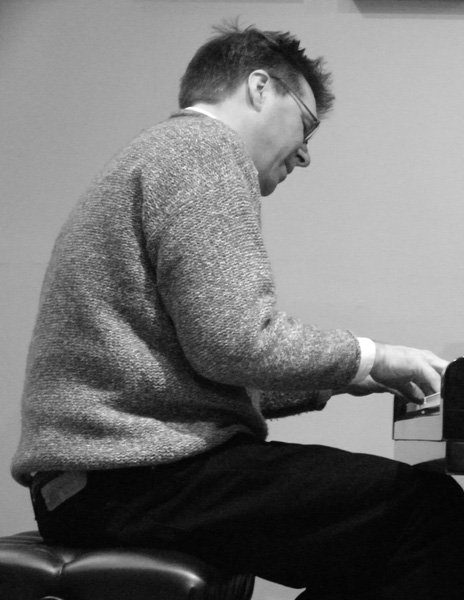July 6 – August 3, 2024; Mysore, India
Summer Study in India – Music/Dance/Yoga
Come Live in Mysore for one month, eat delicious vegetarian food, do Yoga daily, take 15 music/dance lessons in one month in the home of the teacher – studying South Indian Classical Music (Carnatic).
See temples/monasteries/hear over a dozen concerts. Explore Markets and villages and receive inspirational lectures on Gender, Caste, Development, Yoga (Patanjali Sutras) and Philosophical traditions of India.
APPLICATION DUE: January 8, 2024 (Just a short essay stating why you want to go)
FOR MORE INFO: srush@umich.edu
COST: 4,100$ (depending on grant funding and the number of people. This will probably go down).
Anyone is eligible for this program.
WEB SITE: For a fun blog of a previous years’ experience and a day-to-day description of activities:
See: https://www.tumblr.com/uofminind
Good Blog of Day-by-Day activities here: (from 2021)
I have led sixteen sojourns to India with students of Yoga, Music and Dance (over 149 students). The results have ranged from sheer awe and confusion to future study in Mrdangam, Flute, Tabla, Veena and Dance to students changing major to Public Policy or Economics. The trips thrust the student into a close relationship with their guru and their guru’s family and do away with mere objectivity. The us/them paradigm simply becomes the “we.” The student is allowed to love the culture first-hand and this plants seeds of learning of which I’ve only seen the first fruits. Breaking bread (and coffee, in this case) with “them” turns the situation quickly into “us.” Each lesson starts with the guru (and his/her family) offering the student coffee and light conversation that can touch on economics, lifestyle, religion, family, political news and of course, food.
Throughout the experience, students gain first-hand knowledge of the larger context of the arts and yoga in India. Last year, for example, we attended fifteen musical, dance or cultural performances in concert halls, temples, homes, the Rotary Hall, including a rare form of theatre called Yaksha Ghana (a male dancer in traditional female attire retelling stories from the Ramayana). We met a family of “Gypsy” puppeteers who also retold parts of the Ramayana then dined with us. (Members of this family have been presenting the Ramayana for 300 years in exactly this way.) We saw our teachers perform. We saw plays and visited temples to experience Indian art, religion and epic storytelling in other forms. We saw a transvestite theater group from Kerala, one of only five in the world that is regarded as a national treasure. Most of these types of performances are not offered in any other part of the world.
Due to my experience and that of the 149 (or so?!) students who have traveled with me to India, South Indian singing has now become an important feature of music education, theory and composition curricula at the University of Michigan, broadening the musical palates of our future teachers and composers. My students have mentioned how much this has impacted them. I am asked to guest lecture in other departments than my own, including Music Education, Dance and the Residential College, and I now include teachings from the Bhagavad Gita in the vastly popular UARTS 250 Creative Process course. In addition, the scope of the India program is broader than the School of Music, Theatre and Dance: Engineering students have had the opportunity to travel with us and have developed biomedical technology projects that continue in South India.
We couldn’t do this program without the help of Dr. Rekha Shanmukha, our Program Director in Mysore, India, at the Swami Vivekananda Youth Movement. The facilities, staff, and attitude there is absolutely top-notch, and we are truly no longer working with them as only co-workers, but friends. We long to see them for 11 months of the year, then return again!
